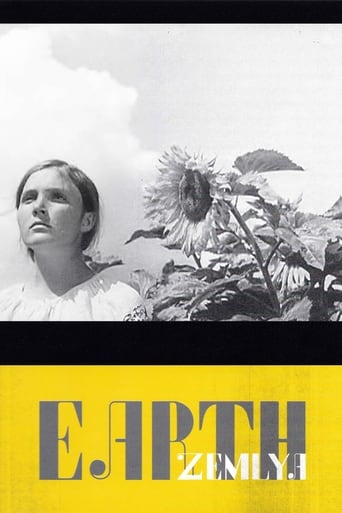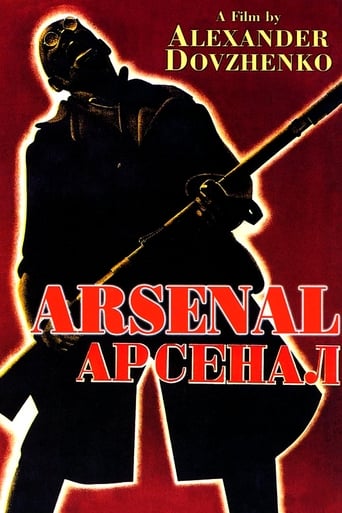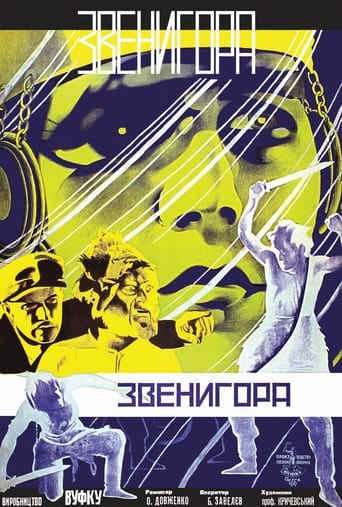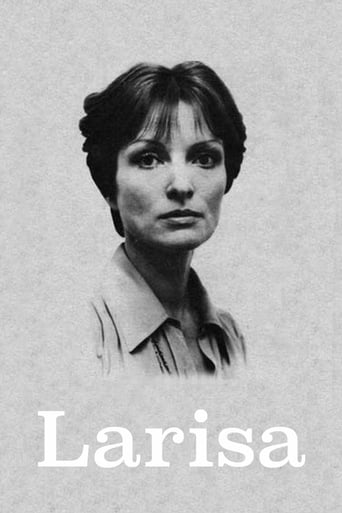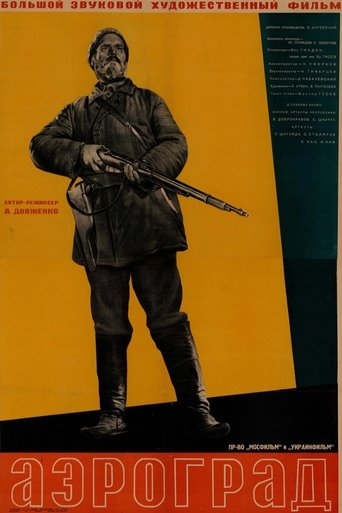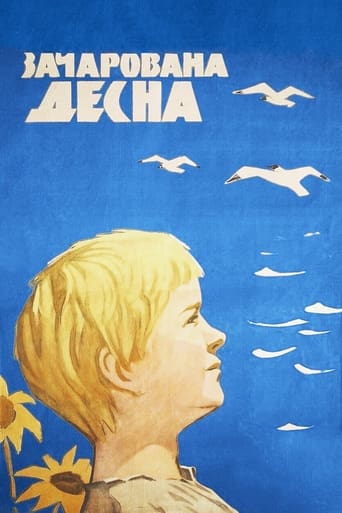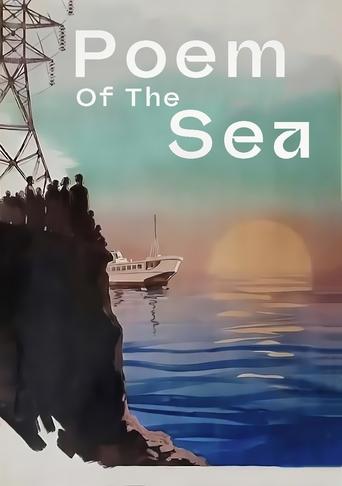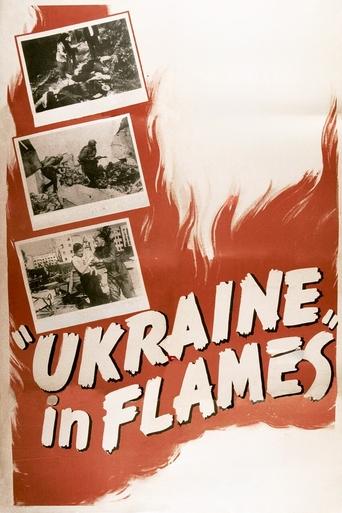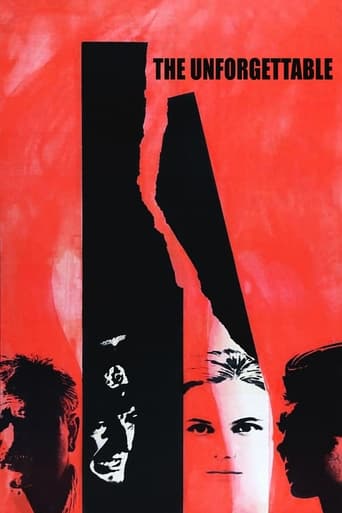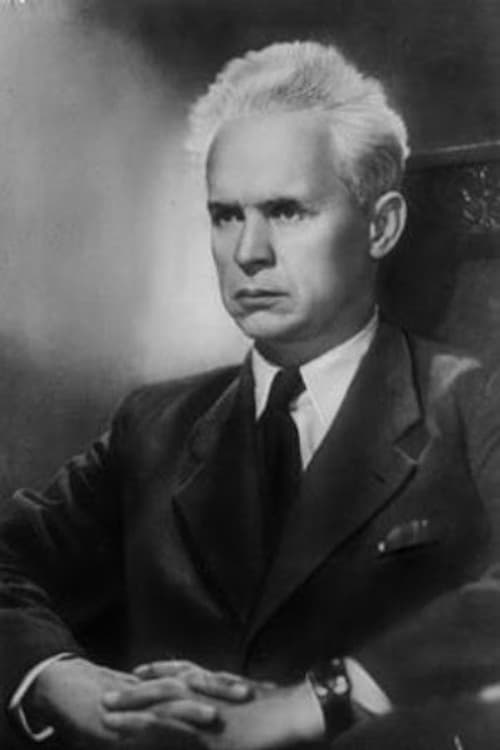
Oleksandr Dovzhenko
Personal Info
Known For Director
Gender Male
Birthday 1894-09-10
Deathday 1956-11-25 (62 years old)
Place of Birth Viunyshche, Chernigov Governorate, Russian Empire [now part of Sosnytsia, Chernihiv Oblast, Ukraine]
Also Known As Довженко Олександр Петрович, Oleksandr Dowschenko, Alexander Petrowitsch Dowschenko, Alexander Dowschenko, ألكسندر دوفجنكو, Αλεξάντερ Ντοβζένκο, Ալեքսանդր Դովժենկո, אלכסנדר דובז'נקו, オレクサンドル・ドヴジェンコ, 알렉산드르 도브젠코, 亚历山大·彼得罗维奇·杜甫仁科
Oleksandr Dovzhenko
Biography
From Wikipedia, the free encyclopedia Oleksandr Petrovych Dovzhenko was a Ukrainian Soviet screenwriter, film producer and director. He is often cited as one of the most important early Soviet filmmakers, alongside Sergei Eisenstein, Dziga Vertov, and Vsevolod Pudovkin, as well as being a pioneer of Soviet montage theory. Although Oleksandr Dovzhenko's parents were uneducated, his semi-literate grandfather encouraged him to study, leading him to become a teacher at the age of 19. Dovzhenko turned to film in 1926 when he landed in Odesa. His ambitious drive led to the production of his second-ever screenplay, Vasya the Reformer (which he also co-directed). He gained greater success with Zvenyhora in 1928 which established him as a major filmmaker of his era. His following "Ukraine Trilogy" (Zvenyhora, Arsenal, and Earth), although underappreciated by some contemporary Soviet critics (who found some of its realism counter-revolutionary), is his most well-known work in the West. For his film Shchors, Dovzhenko was awarded the Stalin Prize (1941); eight years later, in 1949, he was awarded another Stalin Prize for his film Michurin. After spending several years writing, co-writing and producing films at Mosfilm Studios in Moscow, he turned to writing novels. Over a 20-year career, Dovzhenko personally directed only 7 films. He was a mentor to the young Ukrainian Soviet filmmakers Larysa Shepitko and Sergei Parajanov. Dovzhenko died of a heart attack on November 25, 1956 in his dacha in Peredelkino. His wife, Yulia Solntseva, continued his legacy by producing films of her own and completing projects Dovzhenko was not able to create. The Dovzhenko Film Studios in Kyiv were named after him in his honour following his death.
Known For
Director
as Director
as Director
as Director
as Director
as Director
as Director
as Director
as Director
as Director
as Director
as Director
as Director
as Director
as Director
as Director
Writer
as Writer
as Writer
as Story
as Writer
as Story
as Novel
as Writer
as Writer
as Screenplay
as Writer
as Writer
as Writer
as Screenplay
as Screenplay
as Writer
as Writer
as Writer
as Writer
as Writer
as Writer
Actor
as (archival footage)
as Self (archive footage)
as (voice)
as (archive footage)
as Stoker
Editor
Producer
as Producer
as Producer
